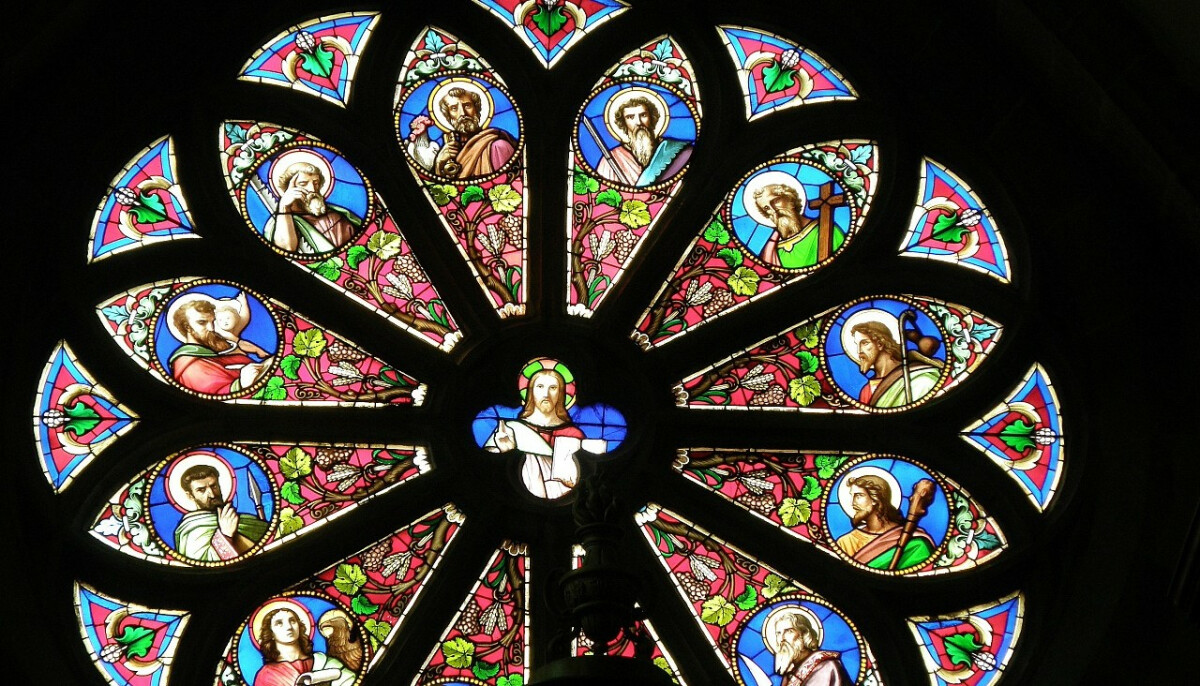Knowing Our Family
We’ve always been curious about our ancestors, to know where we came from and who we are. We’ve also wanted to gain wisdom from the experience of the past, both successes and failures. And we’ve desired communion and reunion of some sort.
I know of a family that discovered an brother/uncle that no one knew about until he was a young adult. He had grown up believing he was an only child, and he didn’t know his real father. But he actually had a huge family, and when it was all revealed, I was worried that he might be shocked or upset. Instead, he was elated.
Of course, he had to process the fact that he hadn’t been told the truth. But he was overjoyed to find out that he had five siblings, about twenty nieces and nephews, and many cousins. And he suddenly had a biological family tree that made sense.
Why is it so central to our human experience to want to know about our ancestors, and our family? Something about it connects us, tells us about ourselves, and gives us a special kind of wisdom and hope.
When we know our family, when we can learn from our elders, and when we can enjoy reunions, we love it.
And that has everything to do with All Saints Day, November 1st in the Christian calendar.
All Saints Day: November 1
All Saints Day evolved over time.
It started in the late Spring, as a way to convert the pagan holidays that pre-dated Christianity. It was later moved to November 1st for the same reason.
Christians in the Middle Ages wanted to set aside a day to acknowledge those who have gone before us, to root us into our spiritual family.
It isn’t a pagan conspiracy that All Saints Day is held near ancient pagan holidays. Instead, it is a victory. Ancient peoples were terrified of the spirits of the dead. They often tried to appease the spirits, including the spirits of their own ancestors.
Christians brought about a powerful re-ordering and redemption of this fear, by supplanting these fears with the love and compassion of God in Christ.
Looking Back
All Saints Day was focused on exemplary Christians. This doesn’t mean they were “perfect” Christians. It means that some aspect of God’s grace shined brightly in their lives, and was seen and acclaimed by many others.
We commemorate the Patriarchs, the Prophets, and Mary, Joseph, the Apostles and so many other biblical saints. We also commemorate the saints of the Christian Church including martyrs like Perpetua, teachers like Augustine, and mystics like St. Teresa of Avila.
Later, All Souls Day was added on November 2nd, as a way to acknowledge all believers.
This focus on the past helps us gain wisdom for the present. By focusing on these saints, we can learn from them. And since there is only one Body of Christ in heaven and on earth, we also celebrate our communion with them.
Of course, this is mystical communion, which means that its out of our control. But we know it is real. We are in fellowship with those who have gone before us, since we are all in Christ. This helps us satisfy our human longing for communion with those who have gone before.
Looking Forward
And we also celebrate our hope for reunion on All Saints Day. All who die in Christ are alive in him, and we will be resurrected together. So we aren’t just pining for the past, we are looking forward to a grand reunion.
Many churches read the names of those in the parish, or family members, who have died in the Faith. By keeping these names on our lips, we are confessing that the faithful dead are alive, for “God is not a God of the dead, but of the living.” (Matthew 22). Some churches use incense on All Saints Day, as a sign of the prayers of all the saints, both in heaven and on earth. (Revelation 5:8).
All baptized believers are a part of the People of God—a spiritual family that goes back to the beginning. This helps us know who we are, and shows us that we belong.
We have a whole history that provides us with wisdom, passed on through God’s working though and in his people. It also points us to our future reunion, giving us hope that our longing for eternal fellowship will be satisfied someday.
Greg is the founder of Anglican Pastor. He is an Anglican Priest of the Anglican Church in North America. He served in a non-denominational church before being called into the Anglican church in 2003. He has served as an Associate Pastor, Parish Administrator, and Rector. He currently serves as the Canon to the Ordinary for the Anglican Diocese of the South.

